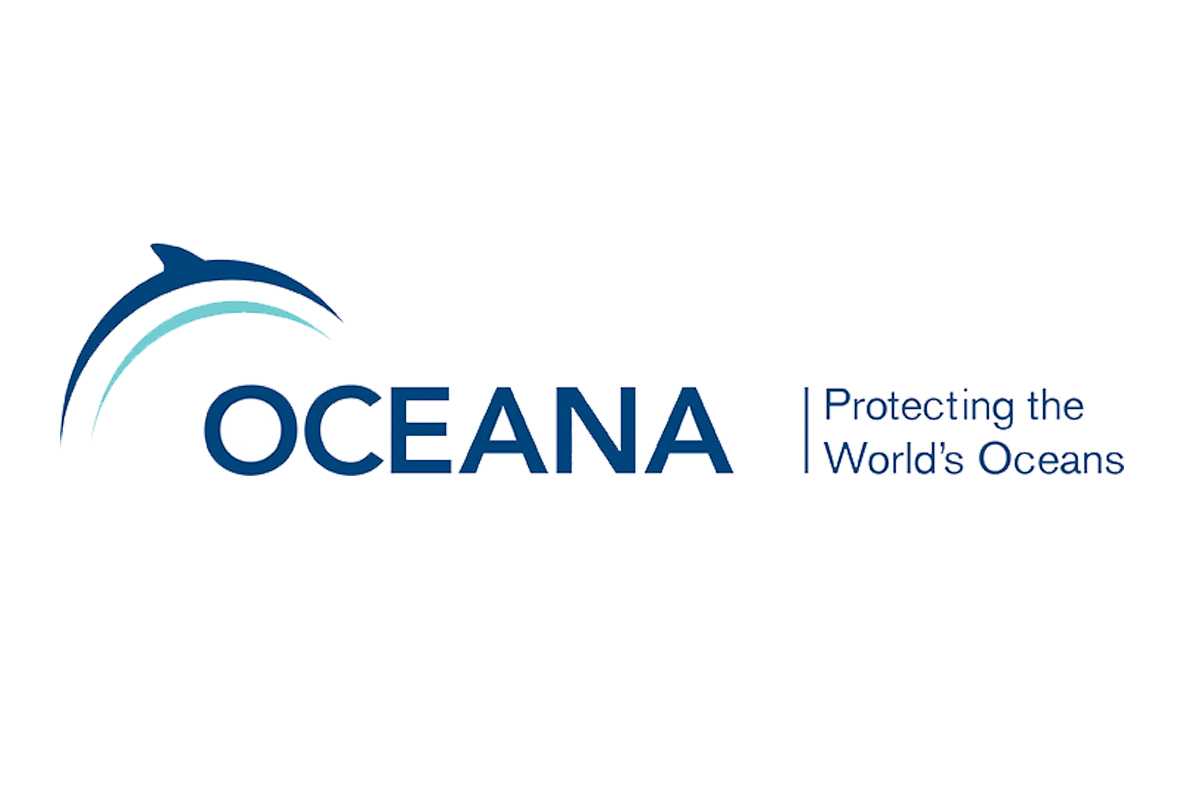COPENHAGEN, Denmark – The international ocean conservation organisation Oceana calls for the phasing out of disposable coffee cups in Denmark, using as a basis a proposal from the Ministry for the Environment that the Parliament (Folketing) is now starting to review. Throw-away cups are in the top ten of the plastics that most often end up in nature, on the beach and in the sea in Denmark.[1] The text should lay the groundwork for an ambitious bill targeting unnecessary single-use plastics, rather than just distributing the costs of collecting and handling waste.
“The overuse of single-use plastics is undermining the reductions in litter that Denmark had achieved thanks to a pioneering deposit return system for bottles (flaskepantsystem). It is time to take the proper steps. The Parliament should not give a blank cheque to the Government simply to put waste management measures in place. If we are to tackle the plastic crisis, we need to focus on the root causes and limit our use of single-use products. Coffee cups are one of the most used disposable products in the country and phasing them out would send a strong message in the fight against plastic pollution”, said Naja Andersen, senior policy advisor for Oceana in Europe.
Danes use 300 million disposable cups every year, according to the Environmental Protection Agency, and to-go coffee cups are used for an average of 15 minutes before being thrown away. Denmark’s geographical conditions, where it is never more than 50 km to the coast, mean that some of the disposable cups and other forms of single-use plastic that end up in nature will find their way to the marine environment.
Oceana recommends setting as a goal the complete phasing out of disposable coffee cups in Denmark, including that 80% of all cups be refillable by 2030. The Parliament should propose measures such as:
Banning disposable cups for on-site consumption, for example in cafés and bars.
Requiring coffee shops to allow the consumer to choose a refillable coffee cup.
Banning disposable cups and mugs at major events, such as festivals and sporting events.
“Latte-levy”: a tax on disposable coffee cups just like on plastic bags.
Supporting the development of a deposit return system for coffee cups.
As of the 3rd of July this year, polystyrene cups will be banned in the EU. To help tackle the marine pollution crisis, Oceana calls for these to be replaced by refillable alternatives rather than by other single-use materials. Paper cups have a plastic coating to ensure they are waterproof. It is notoriously difficult to get any reusable material out of a disposable cup, and at European level, it is estimated that only 1.5% of disposable cups are recycled.[2]
There are already several solutions in place across Europe. Deposit return system like the Danish one for bottles are incredibly effective in preventing the products from ending up in nature, and systems for cups are in place in certain cities in Germany and the UK. In Ireland, a target has been set to phase out disposable coffee cups and they are introducing a so-called ‘latte levy’; France has announced a ban on single-use cups in fast-food restaurants. Denmark should not lag behind, and Oceana urges the country to target coffee cups as a means of preventing plastic pollution from damaging our ocean.
















